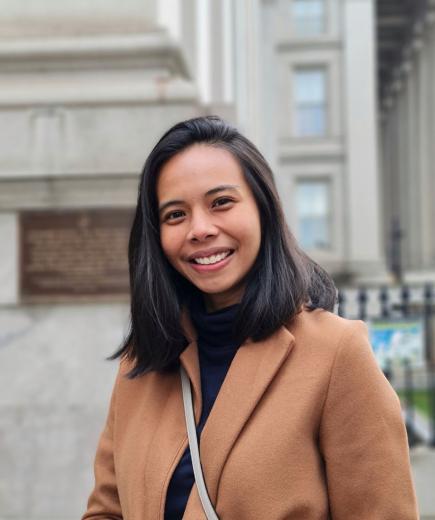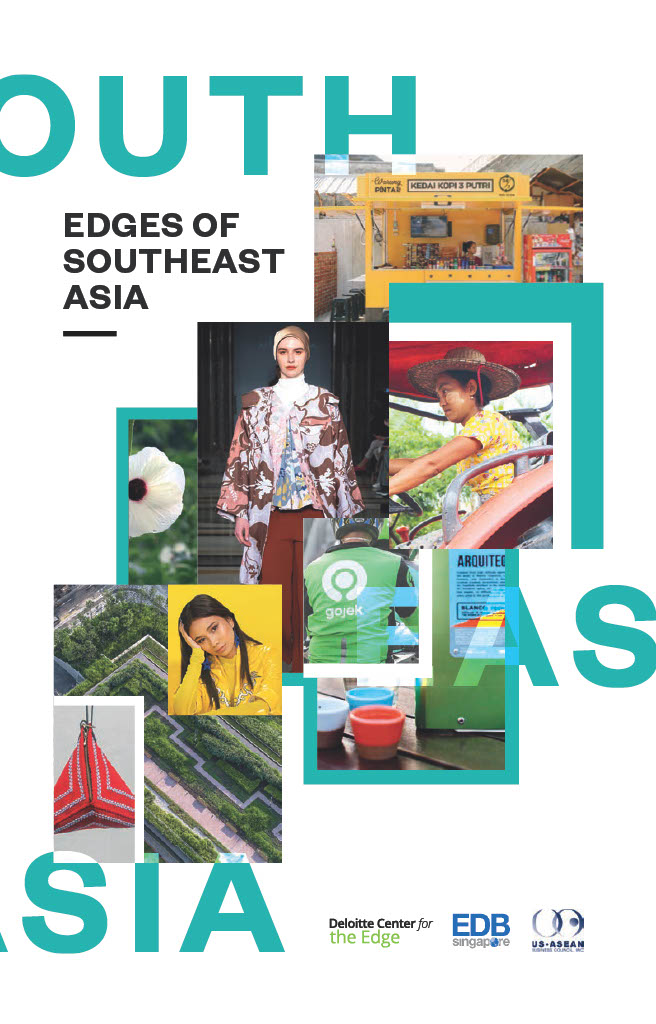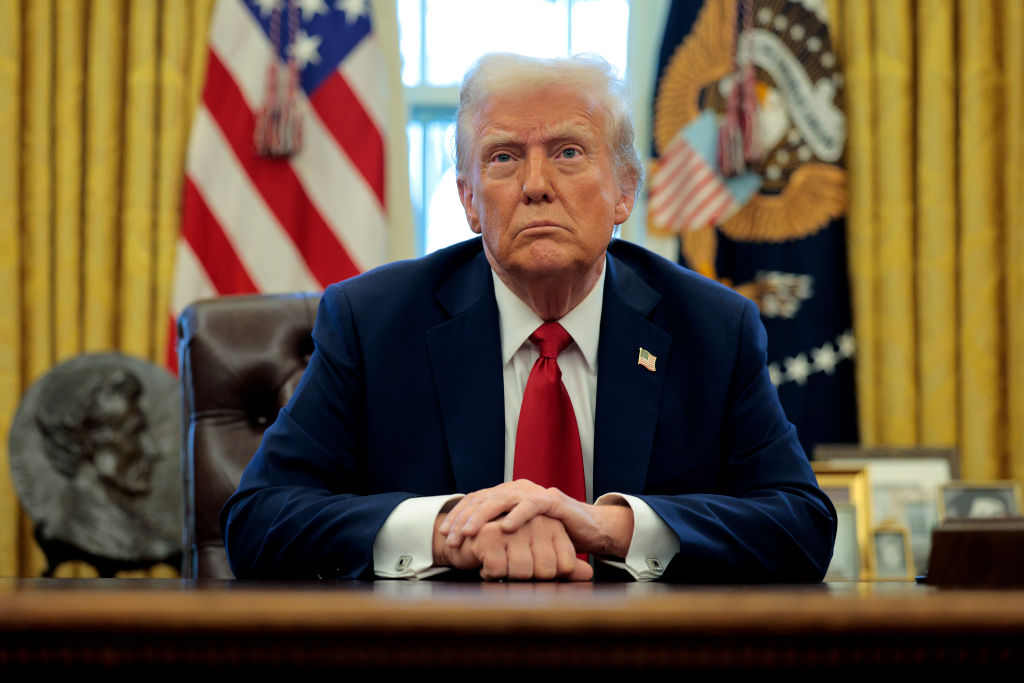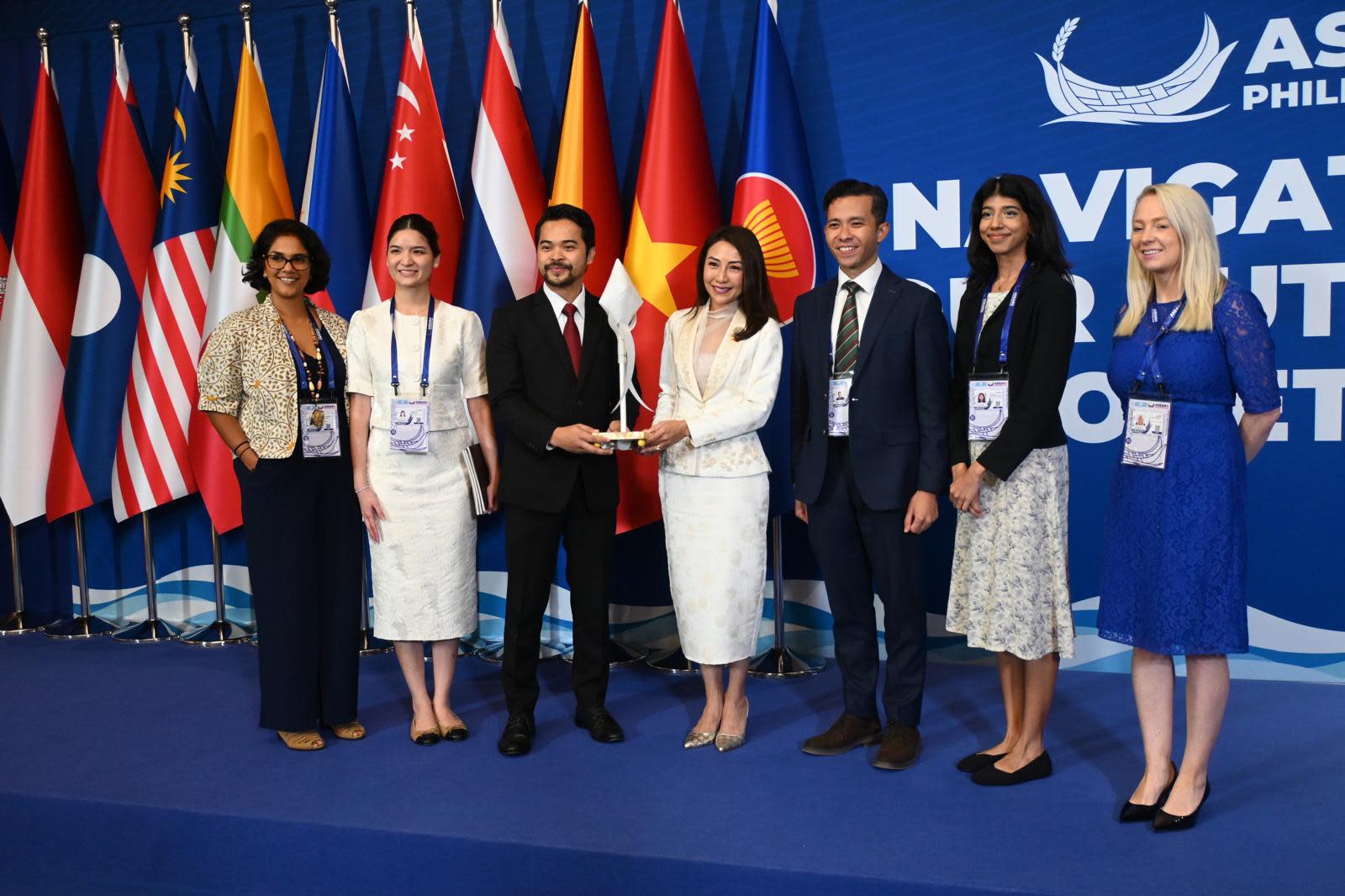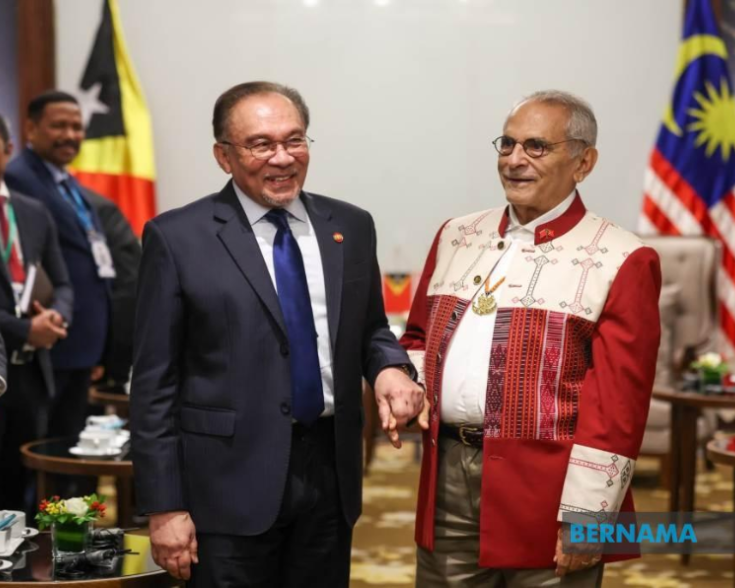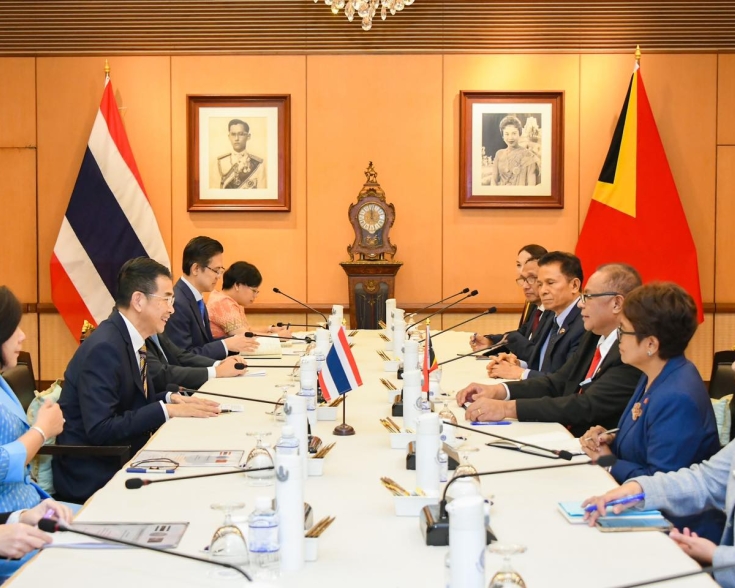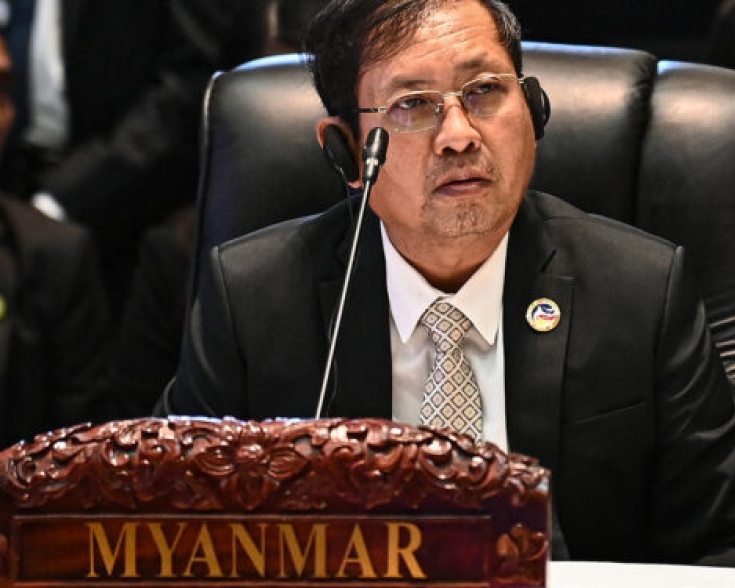2025 Midterm Elections: Senate Realignment Sets Stage for VP Impeachment & 2028 Presidential Elections
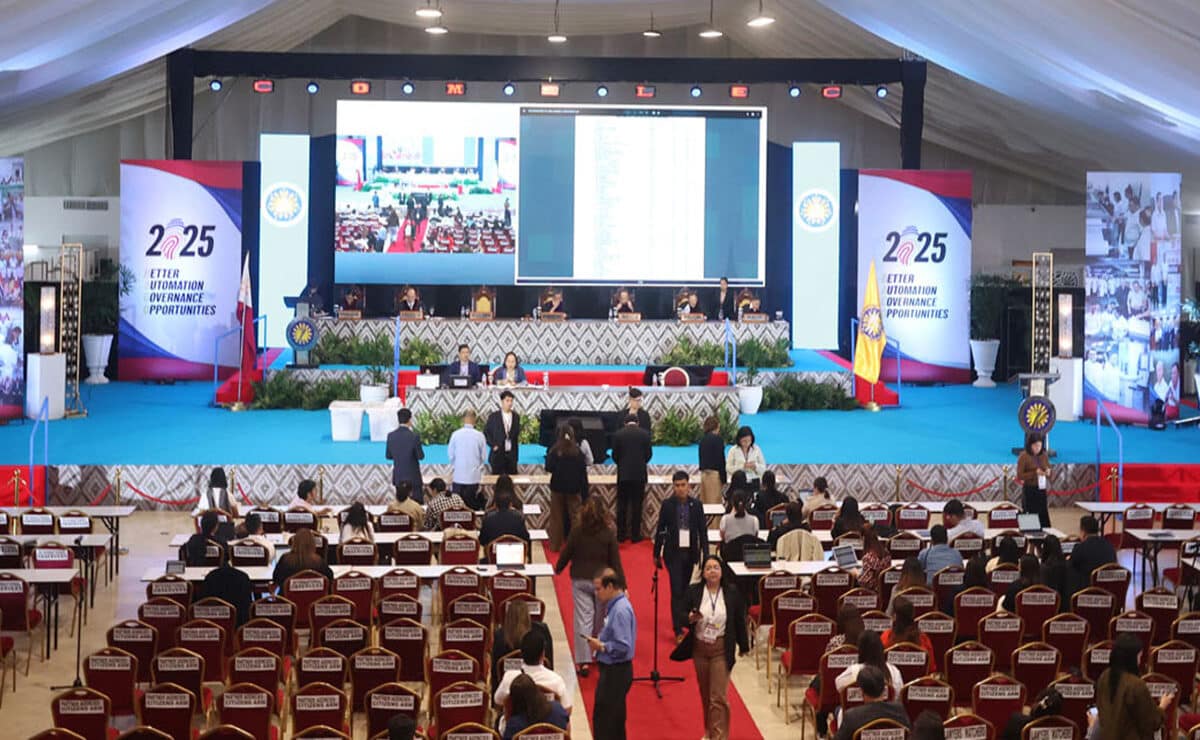
The senatorial midterm election marks a critical juncture in Philippine politics. Its outcome will bear directly on the impeachment trial of Vice President Sara Duterte, set for July 30. The trial’s result will in turn, define the early contours of the 2028 presidential race and will signal whether President Ferdinand Marcos Jr. can retain political sway as he enters the latter half of his six-year term.
7 Senators Expected to Back Vice President Sara Duterte
On May 12, over 55 million or a record 81.65% of the total registered Filipino voters participated in the 2025 midterm elections, casting their votes for a wide range of positions – from senators at the national level to municipal councilors in local government. On Thursday night, the Commission on Elections officially announced the results of the Philippine Senate race.
To be acquitted in her impeachment trial, VP Duterte needs 9 of 24 votes in the Senate. Five Duterte-backed candidates won seats in the senate in the recently held elections:
Christopher “Bong” Go – Re-electionist Senator and aide of former President Duterte
Ronald “Bato dela Rosa – Re-electionist Senator and former chief of the Philippine National Police under former President Duterte
Rodante Marcolete – Duterte-allied lawmaker
Camille Villar – Former House Deputy Speaker who did not support the impeachment complaint against VP Duterte
Imee Marcos – Although she is the sister of President Ferdinand Marcos Jr., she has aligned herself with VP Sara Duterte, leading the Senate investigation on former president Duterte’s ICC arrest and deeming it a violation of his rights
The 5 senators are expected to join Duterte allies currently sitting in the senate:
Senator Robin Padilla – A prominent member of PDP-Laban, the political party of former President Duterte
Senator Alan Peter Cayetano – Former President Duterte’s running mate in the 2016 presidential election
In a political system where party allegiances are flimsy and fleeting, VP Duterte’s fate remains uncertain. While the election results hint at a base of support strong enough to weather an impeachment trial, the path ahead is far from smooth. In the Senate, where loyalties shift with the political winds, most members are expected to calculate not just the legal merits of the case but how their votes might shape their own electoral fortunes.
6 Marcos-backed candidates (which also include Villar) secured seats in the senate. Many expressed that the election might have been a blow to the current administration, whose candidates did not do as well as expected in the polls. In addition, 2 liberal opposition figures – Bam Aquino and Kiko Pangilinan – made it within a winning circle dominated by allies of the Marcoses and the Dutertes. Aquino served as the campaign manager for presidential candidate Leni Robredo in 2022, while Pangilinan was Robredo’s bet for vice president. Both candidates appealed to younger voters as an alternative to the feuding Marcos-Duterte camps. Former Vice President Leni Robredo secured a decisive victory in her hometown, winning the Naga City mayoral race.
Detained Former President Duterte Wins Mayoral Race in Davao City
Former President Duterte's victory in the 2025 Davao City mayoral race marks his eight term in office, solidifying his decades-long influence over the city’s governance. His latest victory underscores not only his enduring appeal among voters but also the deep-rooted legacy his family has established in Davao City. However, his detention at the International Criminal Court (ICC) — where he faces charges of crimes against humanity stemming from his war on drugs — raises pressing questions about his ability to govern. Under Philippine law, candidates facing criminal charges, including those in detention, can run for office unless they have been convicted and have exhausted all appeals. Further cementing the family’s multi-generational influence in Davao City are the victories of two of the former President’s sons, who were elected as Vice Mayor and Congressman.
Outlook for the 2028 Presidential Elections
While public opinion polls in March show that VP Duterte is the preferred candidate for the 2028 elections, her path to presidency remains uncertain with the new Senate determining her fate in the impeachment trial. If convicted by the impeachment court, the Vice President will be barred from running for any public office.
Voter Demographics: It is worth noting that Millennials and Gen Z made up 63% of the voting-age population in the 2025 Philippine midterm elections, signaling their growing influence in shaping national and local leadership. With 75.94 million eligible voters, this demographic shift highlights the increasing political engagement of younger generations. Their priorities, activism, and digital fluency are expected to shape electoral narratives, making their role even more critical in the lead-up to the 2028 national elections.
Liberal Opposition Comeback: Ongoing rift between the Marcos and Duterte factions appears to be working in favor of the liberal opposition. With growing youth disillusionmenttoward political dynasties and shifting demographic trends, the Liberal Party’s renewed momentum could shape the political landscape heading into the 2028 national elections.
Foreign Policy: A power shift in the Presidency can affect foreign policy given that Marcos has aligned closely with the United States and taken a firm stance against China’s maritime claims in the South China Sea, in contrast to Former President Duterte’s approach, which favored stronger ties with Beijing and often involved criticism of Washington.
Critical Considerations for the Private Sector
The outcome of the 2025 midterm elections will influence legislative dynamics. If President Marcos’ coalition continues to secure a clear majority of both houses of Congress upon its opening on July 28, investors can expect relative continuity aimed at streamlining investment procedures and passing its remaining legislative priorities. On the other hand, if the Duterte-aligned opposition gains more power in Congress, political gridlock and regulatory delays may increase. The Legislative-Executive Development Advisory Council (LEDAC), chaired by President Marcos, is anticipated to develop a new set of priority bills for the upcoming Congress. Business groups urged the incoming Congress to pass reforms that will boost the country’s competitiveness and economic growth. Business leaders and economists express cautious optimism that political noise won’t derail the country’s long-term policy direction.
